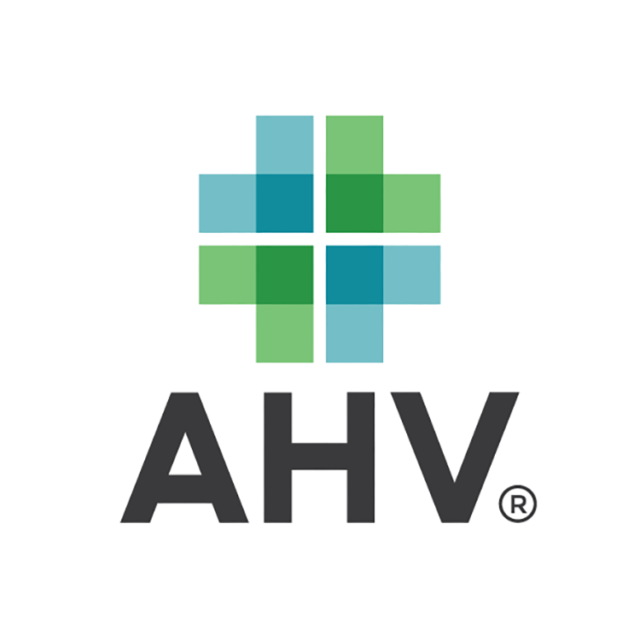The Quality Milk Alliance (QMA) and the Southeast Quality Milk Initiative (SQMI) are two USDA projects focusing on improving milk quality in the U.S. The two projects are similar but use different methods to determine what producers are doing well and not so well when it comes to producing high-quality milk.
Besides trying to determine what factors negatively affect milk quality on the farm, the projects also focus on trying to correct these factors and help dairy farmers improve milk quality. One of the many ways this has been done has been training and educating producers on the importance of milk quality.
QMA focuses on training employees on the proper milking procedures and management practices to control milk quality. A scale from 1 (I know enough to do my job) to 5 (I am interested in the dairy and want to keep learning) was used to rank employees’ interest in learning more about their jobs. The average answer was 4.73, which indicated that most employees wanted to learn more about proper management practices and the “why” behind the recommended practices. Employees want to understand mastitis and its implications on the cow and milk quality. To help producers and employees better understand mastitis and milk quality, QMA has put on many demonstrations and visited farms, to provide instruction and resources such as demonstrations in the parlor and “quality milk corners” in the break room where employees can answer trivia questions.
When asked in focus groups where producers receive most information and aid in making management changes, veterinarians were identified as one of the top resources. SQMI has focused on finding ways to help train and continue education for other resources like veterinarians. Veterinarians have a large impact on many cows from all different types of herds and are trusted by producers. However, dairy veterinarians, especially in the Southeast, are few and far between, and veterinarians in general may be unfamiliar with some aspects of milk quality such as milking equipment or teat disinfectant types.
To help better educate veterinarians, this past year, a three-day milk quality seminar was offered through the American Association of Bovine Practitioners. Each day, the veterinarians went through a different training protocol. The first day covered milking routines, training in the use of a LactoCorder to track milking performance, teat dip technology and cow comfort.
Day two included culturing and modern diagnostic techniques to help inform producers of the benefits of making pathogen-based treatment decisions. On the third day, veterinarians were trained on milking equipment issues. SQMI covered the registration costs for 11 veterinarians from the Southeast to attend. By allowing those veterinarians to attend, over 300 herds and 97,000 cows will be impacted. Those veterinarians were asked to follow up in a year to indicate whether progress has been made with their herds and whether the information provided by the seminar was useful. Continuing education credits were also offered at both the seminar and the fourth annual SQMI meeting to allow veterinarians to receive further credit for milk quality training.
SQMI has also provided training for many future milk quality specialists. The project has allowed for internships in which students have learned to assess farms and look for milk quality opportunities, take milk samples and learn proper treatment techniques. Throughout the course of the project, over 200 undergraduate and graduate students have been involved in the project.
QMA and SQMI not only focus on the differences in milk quality among different regions of the country, but also the education of producers, employees and dairy consultants. During the seminars, veterinarians were trained to assess areas of milk quality that were unfamiliar to them. The projects also focus on training milk quality specialists for the future. Many of these students have gone on to work in the industry, have attended graduate school and veterinary school, and have even moved on to become professors at land-grant universities, all with the goal to help dairy farmers produce higher quality milk. ![]()
For more information on the Quality Milk Alliance and the Southeast Quality Milk Initiative, please visit the Quality Milk Alliance website and the Southeast Quality Milk Initiative website.
Derek Nolan is a graduate research assistant at the University of Kentucky.








